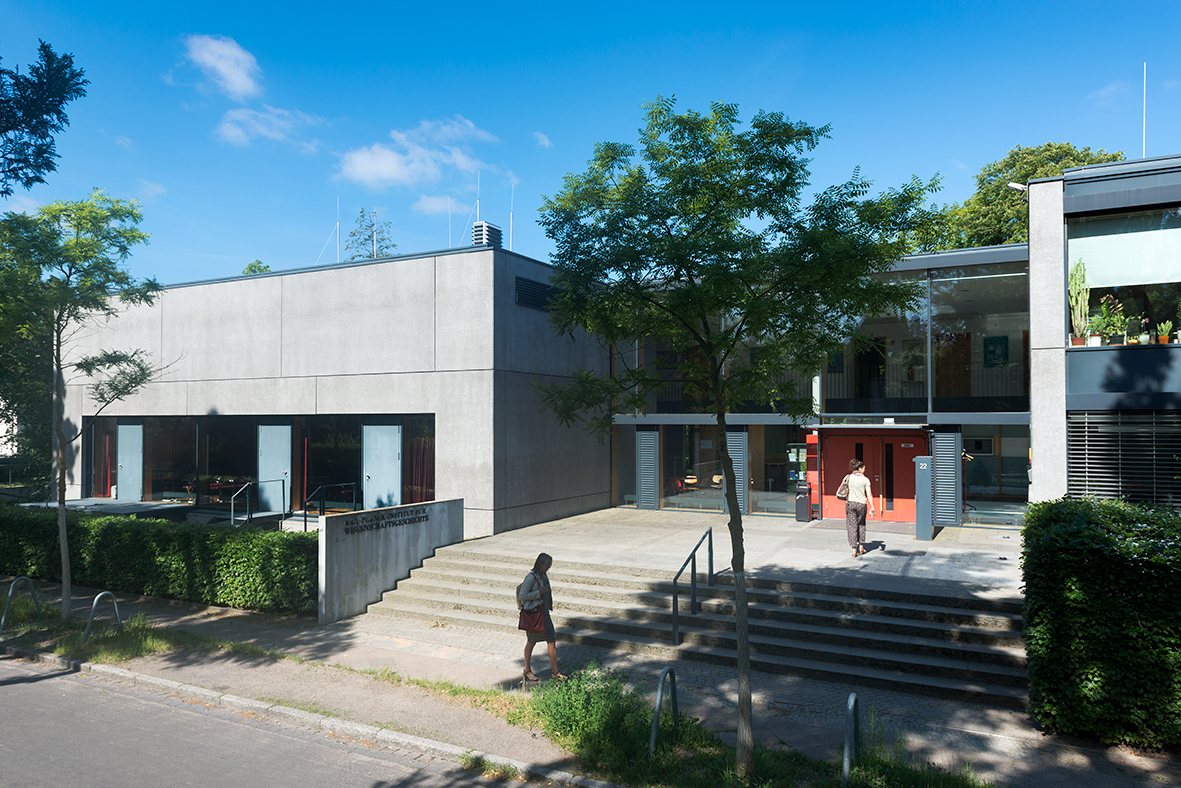Though earth sciences like geology and climate science are of critical importance to our efforts to confront contemporary challenges, they, like all sciences, face unprecedented levels of suspicion and contestation. In this video, ETIENNE BENSON shows us how the history of river studies helps to explain this state of affairs. Benson notes how systematic studies of rivers in the USA have been conducted since the late nineteenth century. Where the data collected was originally employed primarily for local benefit, Benson highlights a change in the mid-twentieth century which saw river studies becoming more mathematical, quantitative and focused on national policy. For Benson, this shift led to a disconnect between local river users, river scientists and policy makers and he argues that a similar process can be observed in many other disciplines which helps to explain contemporary distrust toward science more generally.
DOI:
https://doi.org/10.21036/LTPUB101092
Researcher
Etienne Benson is Director of Department II, Knowledge Systems and Collective Life, at the Max Planck Institute for the History of Science. After completing his PhD at the Massachusetts Institute of Technology (2008), Benson took up a postdoctoral fellowship at Harvard (2008-2010). He subsequently held positions at the Max Planck Institute for the History of Science, New York University-Berlin and the University of Pennsylvania. Benson’s research focuses on the history of science, politics and the environment in Europe and the United States from the eighteenth century onwards. Benson’s book Surroundings: A History of Environments and Environmentalisms was published by the University of Chicago Press in 2020.
Institution
Founded in 1994, the Max Planck Institute for the History of Science (MPIWG) in Berlin is one of more than 80 research institutes administered by the Max Planck Society. The Institute is dedicated to the study of the history of science, aiming to understand scientific thinking and practice as historical phenomena from a variety of methodological and interdisciplinary perspectives. Our research draws on the reflective potential of the history of science to address current challenges in scientific scholarship, exploring the changing meaning of fundamental scientific concepts as well as how cultural developments shape scientific practices. The Institute’s projects span all eras of human history and a multitude of cultures globally, ranging from the origins of continuity systems in Mesopotamia to present-day science in China, Renaissance natural history, and the past of quantum mechanics. The Institute also draws on the reflective potential of the history of science to address current challenges in scientific scholarship.
Original publication
The Post-Heroic Field
Benson Etienne
Published in 2022
Random river: Luna Leopold and the promise of chance in fluvial geomorphology
Benson Etienne S
Published in 2020
Re-situating fieldwork and re-narrating disciplinary history in global mega-geomorphology
Benson Etienne S
Published in 2018
